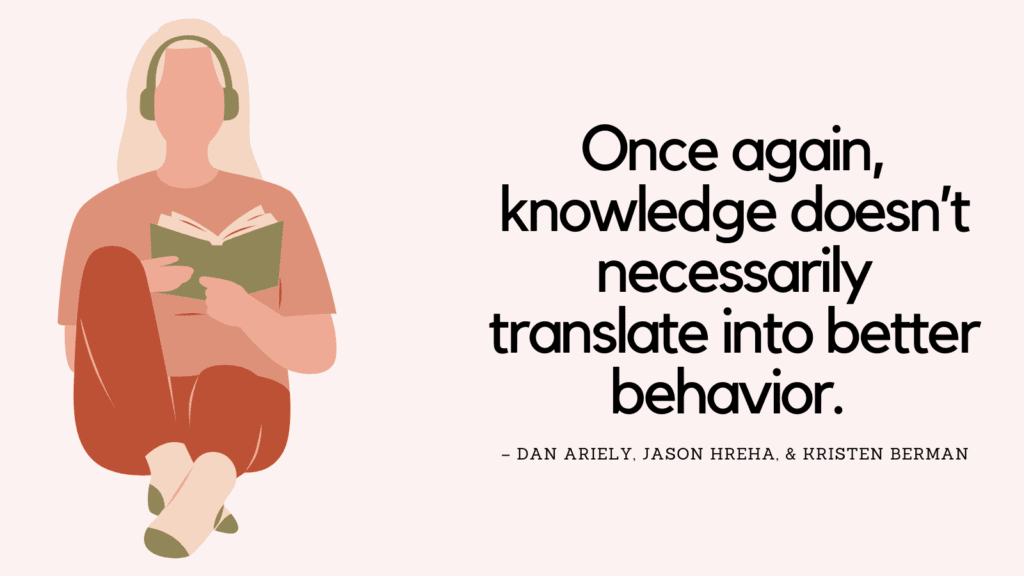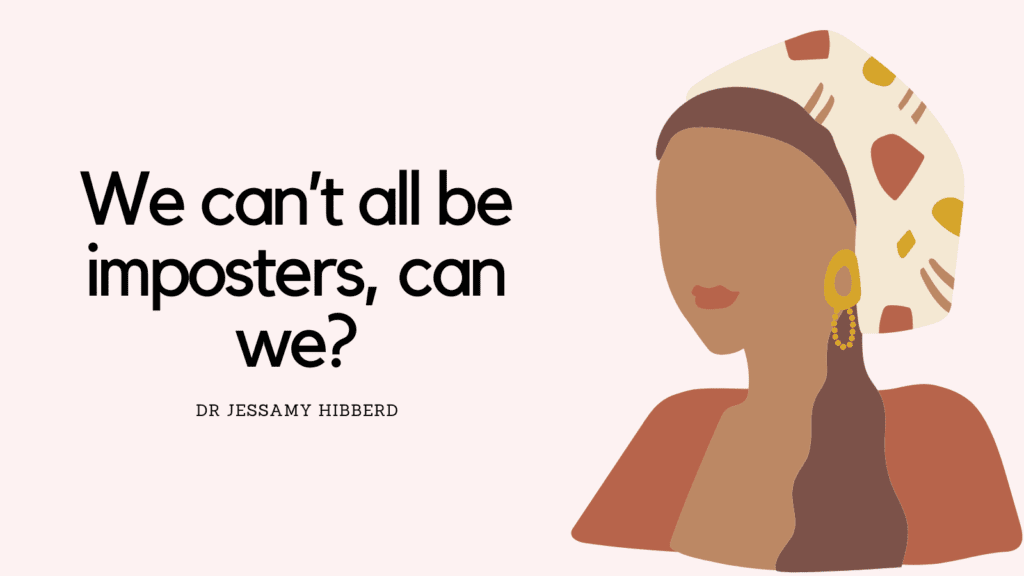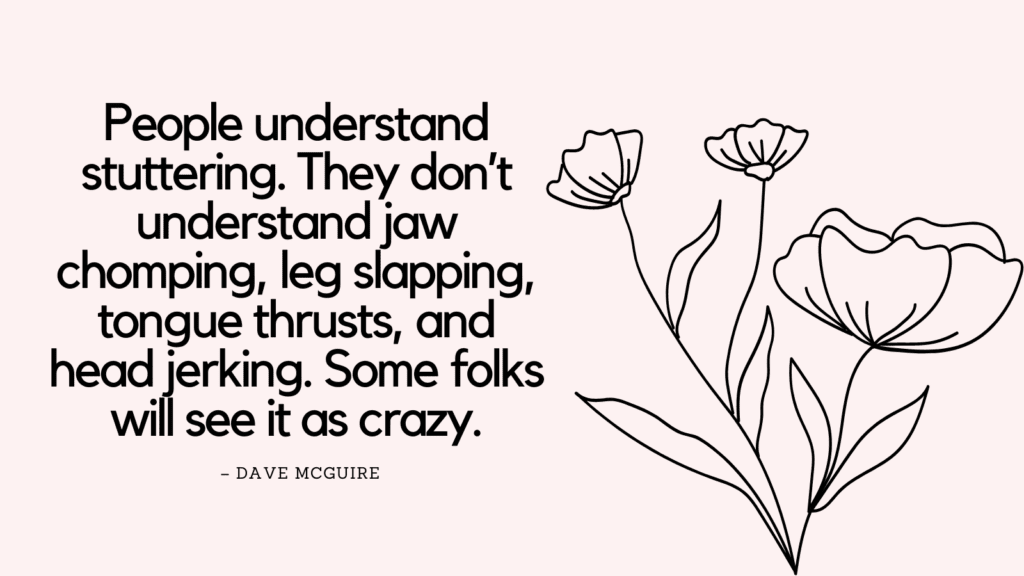This post contains some of the best human behavior psychology quotes.
Human Behavior Psychology Quotes
1. “Due to the powerful impact of mimicking nonverbal behavior, you should always strive to make your request in person. Although that advice may sound somewhat foreign due to our technology- and e-mail-obsessed society, you’re more likely to gain compliance when you make a request in person.” – Nick Kolenda
2. “Embodied cognition asserts that the mind and body are intertwined. We typically assume that the mind influences the body, but the relationship also works in the reverse direction. That is, your body and behavioral actions can influence your thoughts, perception, attitudes, and many other cognitive mechanisms.” – Nick Kolenda
3. “I just suggested that both nature and nurture contribute to behaviour. This has become a platitude. Everyone seems to think that nature and nurture constitute a false dichotomy” – Jesse J. Prinz
4. “If people don’t believe that global warming is real, then we’ll need to find other benefits to tie to the desired behavior. This is called reward substitution. By creating a new benefit and removing the focus from the behavior itself, people are more likely to perform the desired behavior” – Dan Ariely
5. “In order to influence behavior, policy and social pressure had to be used to get people to protect their lives.” – Dan Ariely
Related: Impulsivity Test: Am I Impulsive?
6. “Mimicking behavior is so powerful because, in a way, the symmetry is biologically pleasing.” – Nick Kolenda
7. “Much of human behavior can be explained by watching the wild beasts around us. They are constantly teaching us things about ourselves and the way of the universe, but most people are too blind to watch and listen.” ― Suzy Kassem
8. “Naturists and nurturists agree that both factors are essential to human psychology, but they have fundamental disagreements that cannot be resolved by any simple compromise.” – Jesse J. Prinz
9. “Nearly every book about influence and persuasion explains the importance of social pressure. Why? Because it’s incredibly effective at changing behavior.” – Nick Kolenda
10. “Needless to say, similarities are another powerful force that nonconsciously guide our behavior.” – Nick Kolenda
11. “Next time you perform an action that’s inconsistent with one of your attitudes, pay attention to the little voice inside your head that tries to justify your behavior. That little voice is your attempt to resolve cognitive dissonance.” – Nick Kolenda
12. “No one really knows why humans do what they do.” ― David K. Reynolds
13. “Not only can expectations mold our perception, but they can also influence our behavior.” – Nick Kolenda
Related: Self Harm Addiction Quiz
14. “Not only do we tend to mimic people that we like, but we also like people more when they mirror our own nonverbal behavior.” – Nick Kolenda
15. “Once again, knowledge doesn’t necessarily translate into better behavior. We all know that things like texting while driving are dangerous, but that doesn’t stop us from doing them. Responding to a text now is more rewarding than keeping our hands on the wheel and watching the road—at least, it is in the short term. Even though the action poses a huge and costly risk, we discount its importance since the allure of instantaneous pleasure is too seductive” – Dan Ariely
16. “One great benefit about using social norms for persuasion is that a norm can change depending on the situation. If you’re in a library where everyone is talking loudly—a behavior that contradicts the typical norm of being quiet—you might assume that the norm in that particular library is more rowdy, and so you would feel less pressure to maintain the norm of talking quietly.” – Nick Kolenda
17. “Over time, we come to associate specific behavioral actions with particular states of mind. These associations eventually become so strong that our mere body movements and positioning can trigger the corresponding cognitive mechanism.” – Nick Kolenda
18. “People have a powerful psychological need to maintain consistent attitudes and behavior.” – Nick Kolenda
19. “People will always prefer black-and-white over shades of grey, and so there will always be the temptation to hold overly-simplified beliefs and to hold them with excessive confidence” ― Thomas Gilovich
Related: How To Achieve Emotional Sobriety? (+FREE Emotional Sobriety Worksheets)
20. “Procrastination is the art of keeping up with yesterday” ― Don Marquis
21. “Repeated exposures, even if they occur nonconsciously, can exert tremendous influence on our behavior as well.” – Nick Kolenda
22. “The first step in changing behavior is understanding which behavior we want to change. This seems obvious. Simple. However, it’s important to be explicit about it, and to prioritize. We often think about the goals we want, but not about the details of how we’re going to get there.” – Dan Ariely
23. “There is no debate about whether genes influence behaviour; controversy concerns the exact nature of that influence.” – Jesse J. Prinz
24. “To summarize, when you want to encourage or discourage certain behavior in someone, you should point the norm toward the desired behavior. If you want to increase the size of your tips, demonstrate that most customers tip generously. ” – Nick Kolenda
25. “We sometimes conform to the beliefs and behavior of others because we come to believe that our own beliefs are incorrect.” – Nick Kolenda
Related: How To Stop Bad Habits And Addictions?
26. “What if, instead of encouraging behavior, such as generous tipping, you wanted to discourage behavior, such as alcohol use among college students? Emphasizing social norms can help you in those situations as well. ” – Nick Kolenda
27. “What sets our species apart is not just what men will do to other men, but how tirelessly they justify it.” ― William Dietrich
28. “When another person imitates our nonverbal behavior, this symmetry activates the medial orbitofrontal cortex and the ventromedial prefrontal cortex, brain regions that are associated with reward processing.” – Nick Kolenda
29. “When used properly, rewards and incentives can nonconsciously guide people’s behavior toward your intended goal.” – Nick Kolenda
30. “Whether we realize it or not, we frequently (as in, every day) decide our own behavior by looking to other people. If everyone is displaying a certain type of behavior, we feel a natural urge to engage in that same behavior.” – Nick Kolenda
31. “Why would you bother studying if you’re just going to fail anyway? Studying would be useless. However, if you expect to perform well on the exam, you’ll be more likely to engage in behavior to fulfill those hopeful expectations, namely by studying more and doing the proper things to help you pass the exam (e.g., eating well, getting enough sleep, etc.).” – Nick Kolenda
32. “Whether it’s alcohol abuse, suicide, domestic violence, or any other harmful behavior, your attempts to prevent that harmful behavior will be much more effective when you point the norm toward the desired behavior, rather than the harmful behavior.” – Nick Kolenda
33. “People who discriminate doesn’t understand that they are a stranger to others.” ― Jestoni Revealed
34. “As long you have a reason to do something wrong or bad. You will forever do it.” ― De philosopher DJ Kyos
35. “I’m an expert in homo sapiens behavior. They can rationalize anything. Take war. They’ll bankrupt their economies, sacrifie the best of their young, unleash a bloodbath that impresses even me, at the expense of providing shelter, food, and medicine for their own people. Compared to that, the sale of a few women is trivial.” ― Mario Acevedo
Related: Top 21 Impulsiveness Quotes




